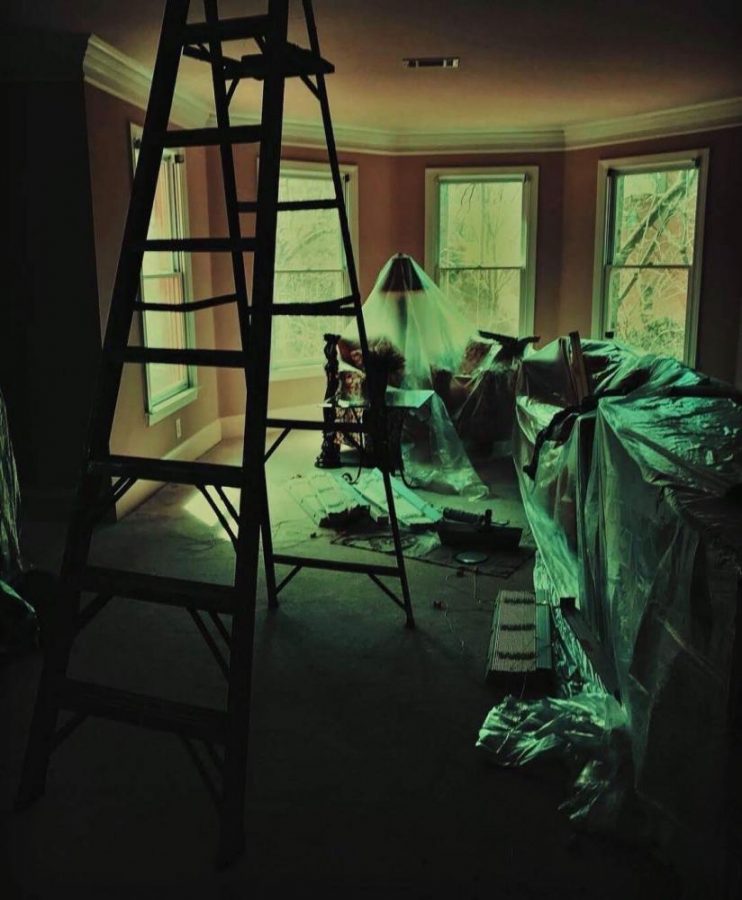“The Turning,” based on the 1898 Henry James short story “The Turn of the Screw,” is a horror film in which Kate, a young teacher (Mackenzie Davis), is hired to become a live-in tutor and nanny for a pair of children, Miles and Flora (Finn Wolfhard and Brooklynn Prince), at their country manor after their parents die in a mysterious car accident. Soon after her arrival, Kate finds that the estate and the mansion appear to be haunted by a strange presence.
The biggest problem with “The Turning,” at least from a horror standpoint, is its unwavering reliance on jump scares. This movie is devoid of the suspense and existential dread that make for great horror, instead placing its faith in predictable jump scares. All of the tropes for which the horror genre is berated are in full use here: scary children, haunted mansions and mannequins. There’s even a scene where Kate, the main character, packs her bags, leaves the estate, calls her friend as an excuse to spout exposition about how the haunted estate is driving her insane and, when offered refuge by her concerned friend, says something to the effect of “no, I can’t leave yet — the movie still needs to happen.”
Cinematically, the film is stunning; the set design makes for a great atmosphere which is accentuated by careful use of music and purposeful shots, qualities one may not expect from a horror movie as poorly received as this. The actors give convincing performances, with a particular highlight being 9-year-old Brooklynn Prince. Mackenzie Davis does well with the script given to her, and Finn Wolfhard is Finn Wolfhard — most already know whether they like his acting or not.
Beyond the movie’s cheap attempts to create horror, a perhaps more fundamental issue with “The Turning” is the source material that it chose to adapt. “The Turn of the Screw” is a classic example of a story with an unreliable narrator, and has sparked debate for over 100 years as to the nature of the ending and whether or not the protagonist can be trusted. The film tries to play this confusion off as a great twist in the last 15 minutes, but fails to realize that some literary devices can only work in a literary form. Ultimately, the ending felt unsatisfying, and there were many confused cries of “what?!” shouted at the screen in the showing I attended.
Ultimately, “The Turning” has too many issues to make it worth watching, even for horror fans. It fails to create genuine fear in the viewer, and pulls out every horror cliche in the book so frequently it will make you cringe. Worst of all, however, is how that flawed core completely lets down the parts that actually work. Everyone loves horror movies that are so bad they become enjoyable; “The Turning” is too good to be enjoyed in that way, and too boring and unsatisfying to be enjoyed as a good film.
Email Nicholas Pabon at [email protected].






















































































































































